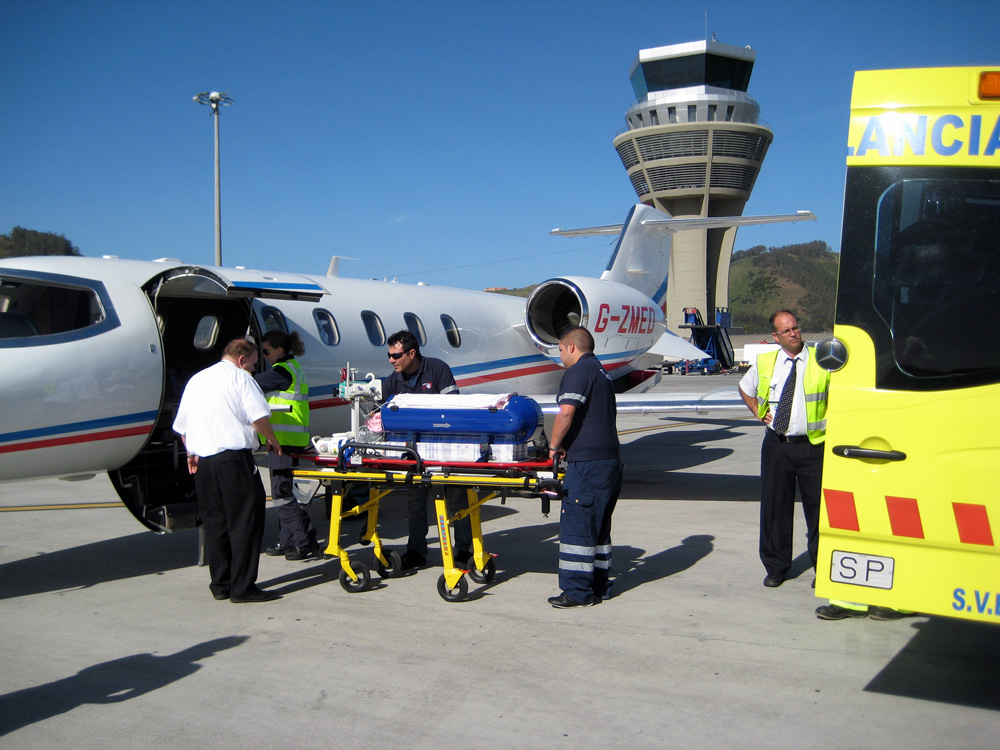Transporting patients by air ambulance involves travelling long distances, which means that you need to make some preparations if you’re accompanying a loved one. You probably already know the complete process of availing air ambulance flights. However, you should also be aware of how to be the most comfortable and maintain your health during such flights.
Preparing Before the Flight
There are a number of things you need to do to ensure that you don’t suffer during the long flight:
- The day before the flight, drink plenty of water to hydrate your body. This is one of the most basic tips that some people ignore or sometimes forget but it really helps in providing a better flight experience.
- Do not consume any kind of alcohol or caffeine in the hours leading to the flight. The air inside aircrafts tends to be dry and since these substances act as dehydrators they can make your flight uncomfortable.
- If you’re prone to sinus troubles, you might want to take a decongestant one day before the flight.
- Enquire with the crew beforehand if they keep any drinks and snacks on board. If they don’t, ask if you’re allowed to bring some of your own. These can be especially useful in maintaining your hydration and blood sugar levels during long air ambulance flights.
- Be prepared with multiple layers of clothing in case the temperature inside the aircraft gets too hot or too cold. You can easily control the temperate by adding or removing layers.
- Start boosting your immune system with vitamin C supplements a few days before the flight. You can also use Echinacea supplements for this or have these with the vitamin C. A stronger immune system will help you fight off germs that are likely to circulate in the aircraft.
What to do During Air Ambulance Flights
During the flight, it’s crucial that you avoid sitting in positions that could be inhibiting to your blood circulation for long periods of time. This means that you should avoid keeping your legs crossed. You can avoid blood clots or deep vein thrombosis by stretching your legs. While the comfort and health of patients is of the utmost importance, attendants should also be able to travel comfortably for such flights.


